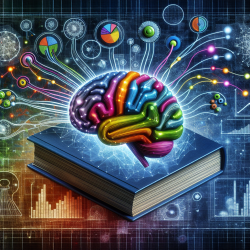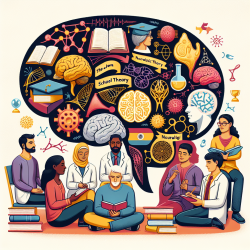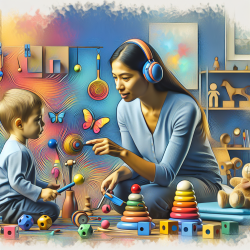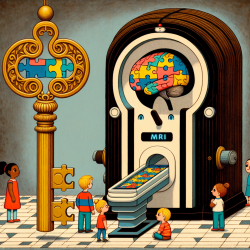The intersection of neuroscience and education has emerged as a pivotal area of research, promising innovative approaches to teaching and learning. A recent study titled Mapping Neuroscience in the Field of Education through a Bibliometric Analysis has provided valuable insights into the core themes and future directions of this interdisciplinary field. This blog post will explore how educators can apply these findings to improve their practice and encourage further research.
The Core Themes of Educational Neuroscience
The study identifies several core intellectual themes within the field of neuroscience in education (NIE). These include:
- Cognitive Neuroscience and Children: Understanding brain development in children to enhance cognitive functions and learning outcomes.
- Medical Education: Integrating neuroscience into medical curricula to improve student understanding and application of neuroscientific principles.
- Emotion and Empathy: Exploring the role of empathy in education and its impact on student engagement and social skills.
- Curriculum Reform: Adapting educational practices to incorporate neuroscientific insights, making learning more effective and engaging.
The Role of Technology in Educational Neuroscience
The study highlights the increasing use of advanced technologies such as functional magnetic resonance imaging (fMRI), electroencephalography (EEG), and eye-tracking to gain deeper insights into learning processes. These tools allow educators to tailor teaching strategies that align with how students' brains process information, ultimately enhancing learning experiences.
Implications for Educators
The findings from this bibliometric analysis suggest several practical implications for educators:
- Incorporate Neuroscientific Methods: Educators should consider integrating neuroscientific methods into their teaching practices to better understand student learning processes.
- Pursue Interdisciplinary Collaboration: Collaboration between educators and neuroscientists can lead to more effective teaching strategies that are informed by cutting-edge research.
- Focus on Empathy Development: Encouraging empathy in educational settings can enhance social interaction skills and improve classroom dynamics.
The Future of Neuroscience in Education
The study indicates that NIE is poised for significant growth, with emerging research focusing on pediatric applications, skill development, and curriculum innovation. As educators continue to explore these areas, they will likely uncover new ways to enhance student learning experiences.
Mapping Neuroscience in the Field of Education through a Bibliometric Analysis










